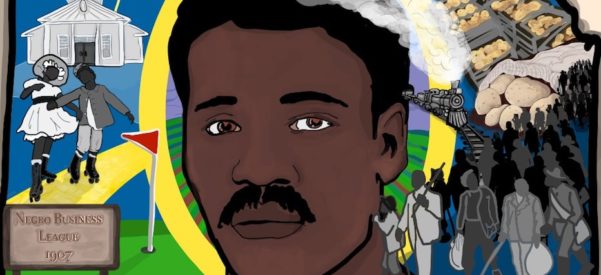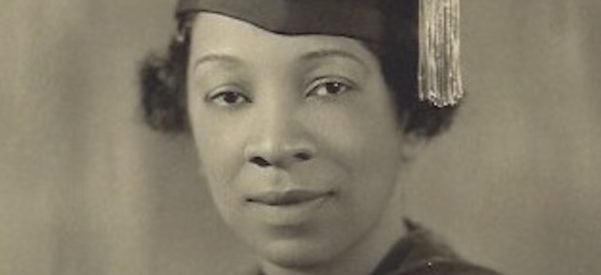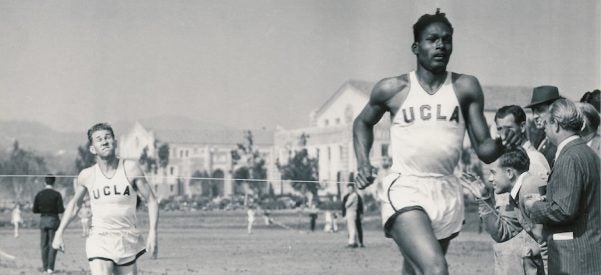Explore
: African American history
After His Emancipation, Junius Groves Walked 500 Miles to Kansas Where He Made a Fortune and Built a Community
by Peter Longo
July 8, 2019
Junius Groves started life as an enslaved person in Kentucky. By the time of his death, he would be celebrated, by those fortunate enough to know his story, as an exemplary builder of community, and as the “Potato King” of Kansas and beyond.
Groves was born in 1859 and emancipated by the Civil War. Around 1880, when he was 19, Groves walked from Kentucky to Kansas City, Kansas, with other former slaves at his side. It was a 500-mile walk that …
Read More >
In the Early to Mid-1900s, Historian Marion Thompson Wright Had to Contend With the Prefeminist Rules and Culture of Howard University
by Graham Russell Gao Hodges
April 4, 2019
Marion Thompson Wright is best known as the first female African-American to earn a doctorate in history. Her 1940 dissertation, defended at Teachers College at Columbia University—The Education of Negroes in New Jersey, a history of segregated schools in the North—remains relevant today. Wright had a distinguished academic career at Howard University from 1940 until her death in 1962, serving as book review editor for the Journal of Negro Education and creating the university’s student advising program. In 1953, she …
Read More >
Jackie Robinson and Tom Bradley Were Among Sports Stars Who Proved That Integration Made Schools More Competitive
By James W. Johnson
April 12, 2018
The arrival of five athletes, all African American, on the UCLA campus in the late 1930s would prove to be a moment of destiny, not just for college sports but for the United States itself.
These five men could have been called the original Fabulous Five. And that designation was no exaggeration, because they went on to change the cultures of professional athletics, entertainment, the civil rights movement, and politics.
The athletes who played together in the 1939 school year were: …
Read More >




